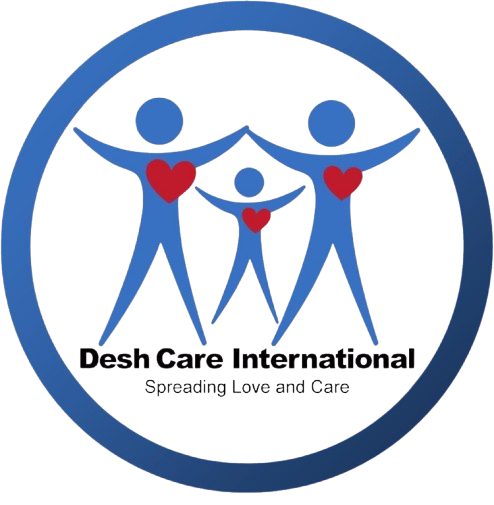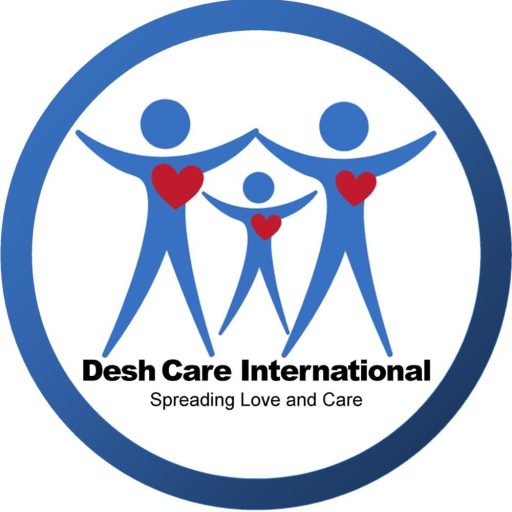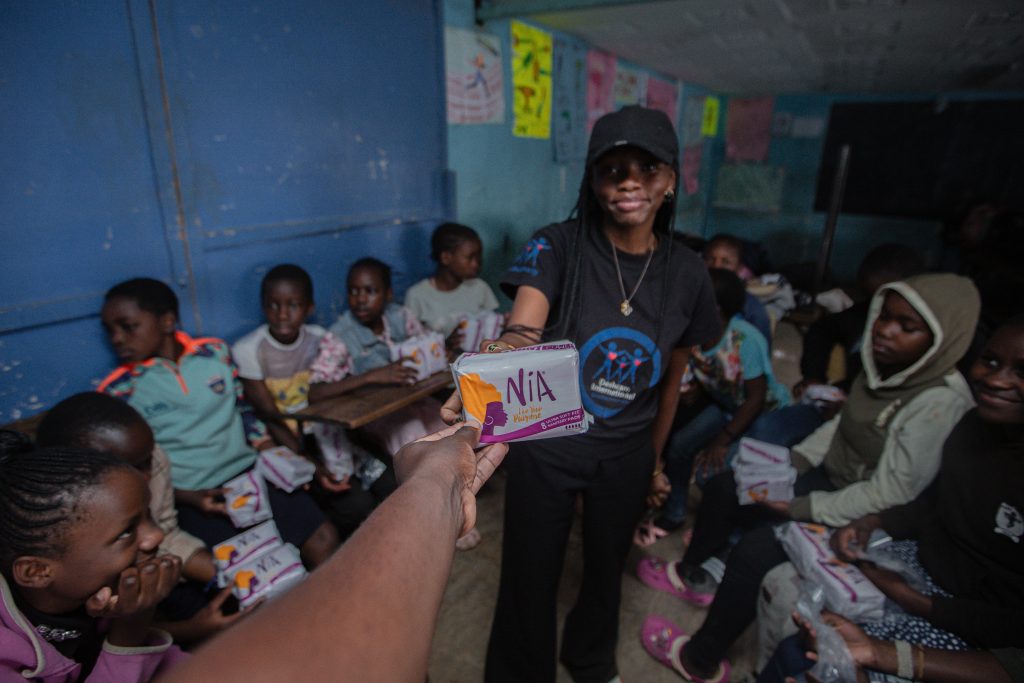
PERIOD POVERTY, A SILENT CRISIS AFFECTING MILLIONS OF GIRLS WORLDWIDE
Period poverty is an often overlooked but deeply painful issue affecting millions of girls worldwide, particularly in low-income communities. It refers to the lack of access to safe, hygienic, and affordable menstrual products, as well as education and sanitation facilities needed to manage menstruation with dignity. For many girls, this challenge extends beyond physical discomfort; period poverty disrupts their education, impacts their health, and traps them in cycles of poverty and stigma.
The Struggles Behind the Silence. Imagine being a young girl who begins her menstrual cycle but has no access to sanitary pads or clean water. Many girls are forced to use unsafe alternatives like old rags, leaves, and newspapers. These makeshift solutions are not only uncomfortable but extremely unhygienic, increasing the risk of infections such as urinary tract infections and reproductive health issues.
Using old rags or other unhygienic materials during menstruation causes pain, embarrassment, and fear. Many girls feel ashamed and isolate themselves, worried that their peers will notice the smell or stains. This often leads to missing school for days or even weeks every month, losing precious learning time that puts them at risk of falling behind their classmates.
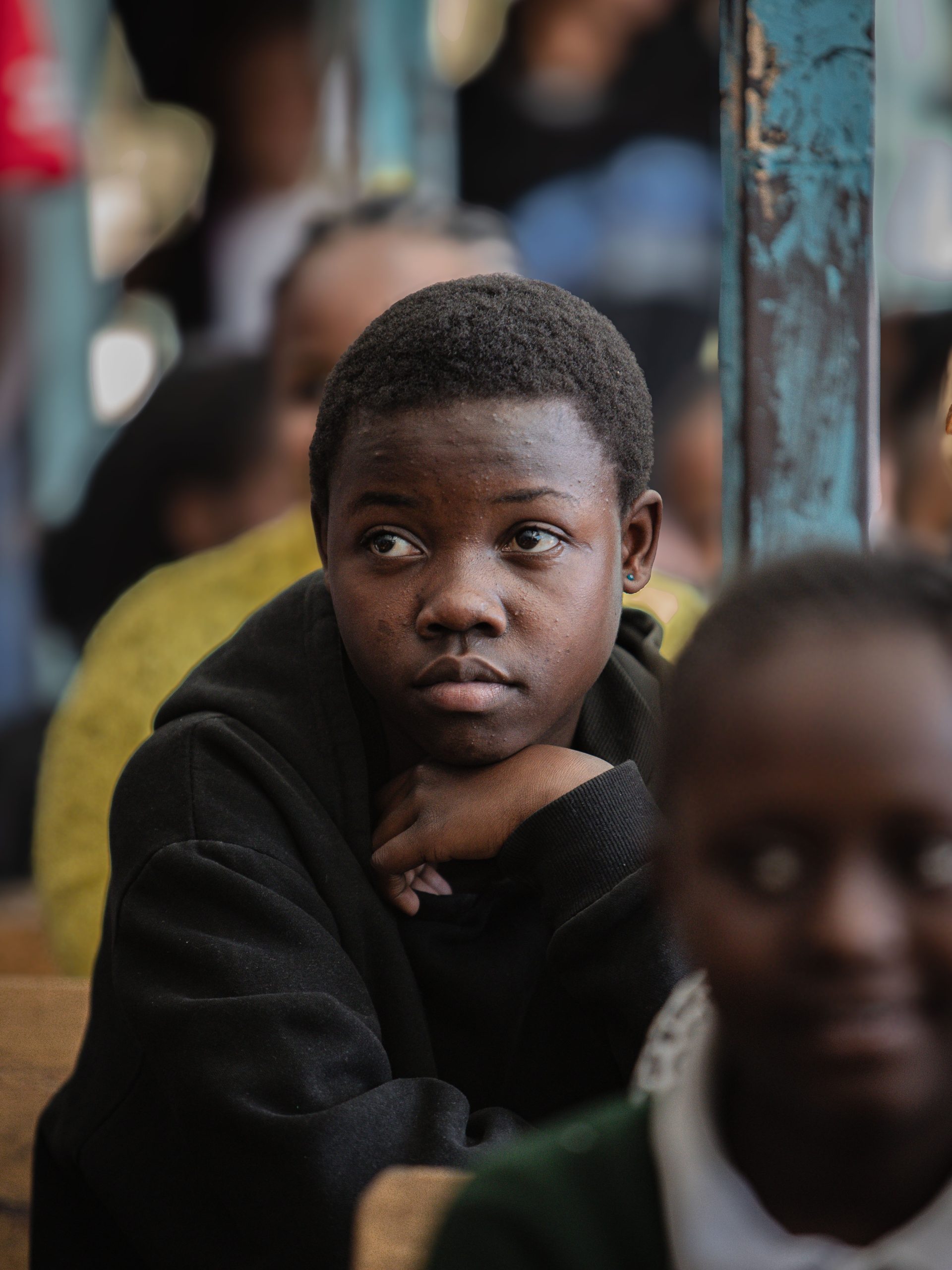
The Hidden Costs: Missing School and Dropping Out
On average, girls miss up to 4 days of school every month due to their periods, which amounts to nearly 40 days each academic year. Missing school regularly affects their academic performance and self-confidence. The fear of staining clothes or facing teasing by peers creates a heavy psychological burden.
Unfortunately, when period poverty persists, some girls are forced to drop out of school entirely. Without education, their future opportunities shrink, limiting their ability to secure jobs and escape poverty. The cycle continues, as lack of education also correlates with higher rates of early marriage and teenage pregnancy.
Desperate Choices: Trading Pads for Survival. The desperation caused by period poverty has led to heartbreaking situations where girls engage in risky behaviors just to obtain sanitary products. Some are coerced into exchanging sex for pads or money to buy them. This not only exposes them to sexually transmitted infections, including HIV, but also increases their vulnerability to exploitation and abuse.
Teenage pregnancy rates soar in communities where girls drop out of school due to menstruation-related challenges. Early pregnancy disrupts education further and often leads to lifelong socio-economic hardships.
The Struggle to Access Menstrual Products. Accessing menstrual products remains a huge challenge for many girls and their families. Even when pads are available in shops, they are often too expensive for low-income households. Many families prioritize food and basic needs over buying sanitary pads. Additionally, in some cultures, menstruation remains taboo and is shrouded in myths and stigma. This silence means many girls are never taught about menstrual health or given support from their families or schools. Without proper education, myths persist, and girls grow up feeling ashamed and uninformed.
OUR RESPONSE
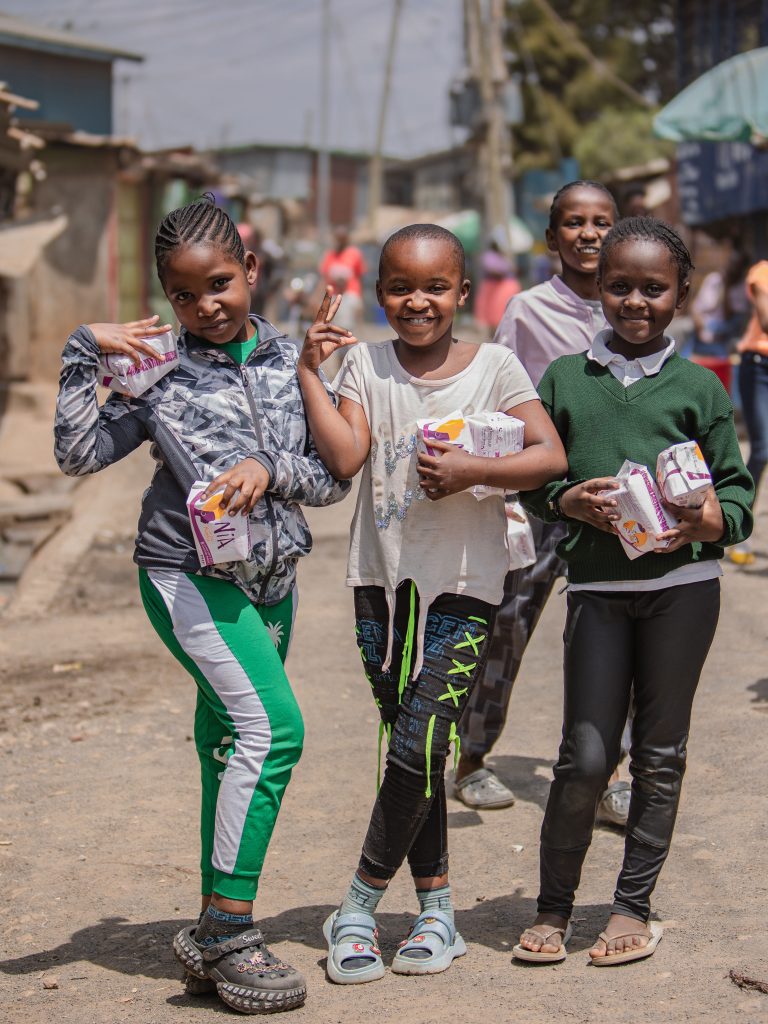
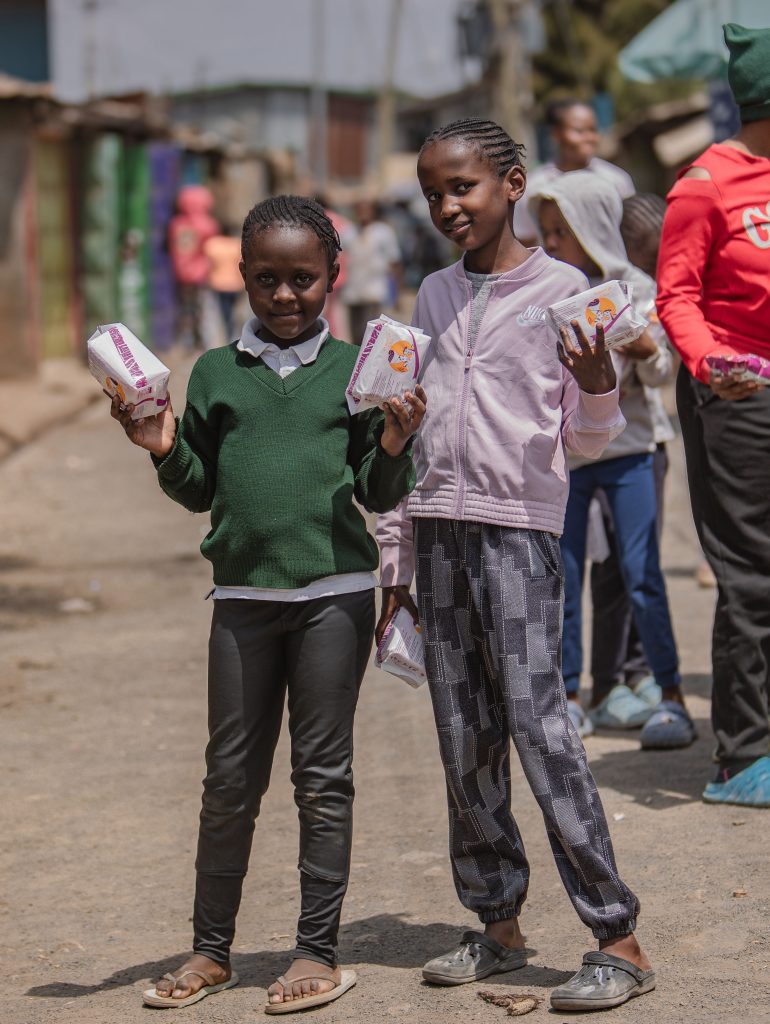
Why This Should Break Our Hearts and Move Us to Act
Period poverty is more than just a lack of pads; it is a deep injustice that steals childhoods, education, and dignity from millions of girls. It traps them in cycles of poverty, poor health, and marginalization. Every missed school day, every girl who drops out, every dangerous choice made in desperation is a lost opportunity to change a life.
The pain, shame, and isolation girls face during their periods must end. Every girl deserves the right to manage her menstruation safely, with dignity, and without fear. Providing free or affordable menstrual products, educating communities, and breaking the stigma are critical steps toward this goal.
At Desh Care, we see the painful reality of period poverty every day, and we refuse to stay silent. We believe that no girl should miss school, feel ashamed, or risk her safety simply because of a natural biological process. That’s why we’ve developed a community-centered, sustainable solution that addresses both the physical and emotional needs of girls facing period poverty.
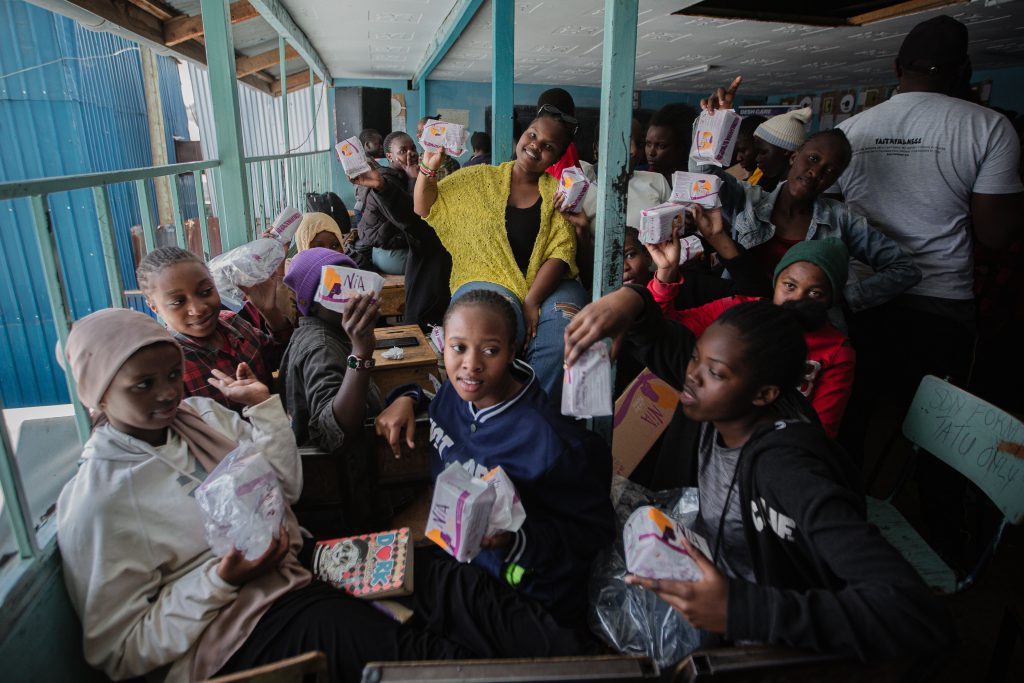
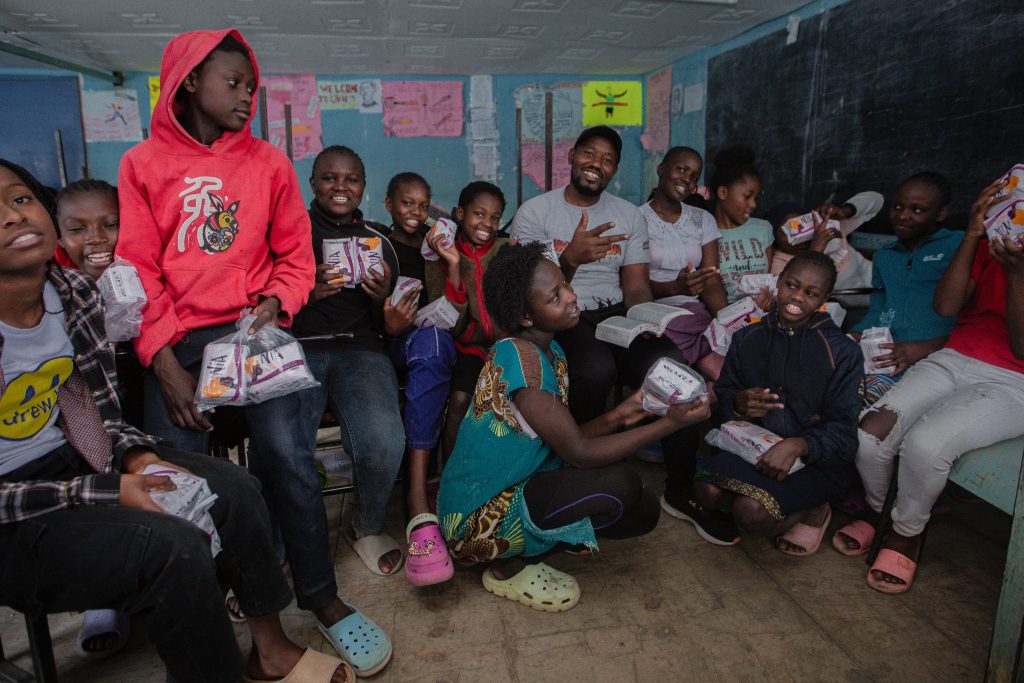
1. Free Menstrual Hygiene Kits
Desh Care distributes free, reusable menstrual hygiene kits to schoolgirls in underserved areas. Each kit includes:
- Reusable sanitary pads (safe, washable, and durable for up to 12 months)
- Underwear
- Soap and a washcloth
- A discreet storage pouch
- A menstrual hygiene guide
These kits offer a safe, sustainable alternative to rags and other unsafe methods. Girls are able to manage their periods with confidence, comfort, and dignity.
2. Menstrual Health Education
We believe that knowledge is power. Through school visits, workshops, and Girls’ Home Fellowships, Desh Care provides:
- Age-appropriate education on menstrual hygiene and reproductive health
- Myth-busting sessions to tackle taboos and misinformation
- Peer-support discussions, where girls can ask questions in a safe space
- Guidance on body respect, self-worth, and spiritual growth
This education helps girls understand their bodies, reduce fear and shame, and make informed decisions about their health.
3. Girls’ Home Fellowships – Holistic Support
Our unique 10-week home-based small group fellowships offer a safe space for girls to explore both their physical and spiritual well-being. Here, they:
- Learn about their health and hygiene
- Build strong emotional bonds and community
- Are introduced to the Word of God
- Find mentorship and discipleship opportunities
After the program, girls are connected to local churches for continued spiritual growth and support.
Our long-term goals are to come up with centers for making reusable sanitary towels for our girls , which will act as :
- Income-generating opportunities for women
- A sustainable supply chain for communities
- Local ownership and reduced reliance on imports or donations
This model not only helps girls but also empowers entire families and communities economically.
5. Volunteer and Donor Support
Our passionate volunteers and donors are at the heart of what we do. Many go beyond giving their time—they also financially support our work, allowing us to reach more girls each year. Their support means more kits, more fellowships, more impact.
The Impact So Far
- 🩸 Over 10,000 girls have received hygiene kits
- 🏫 Partner schools report a 30–60% drop in period-related absenteeism
- 💬 75% of girls report feeling more confident and secure during their periods
- 👩👧👧 Families save over 80% annually on menstrual products thanks to reusable kits
